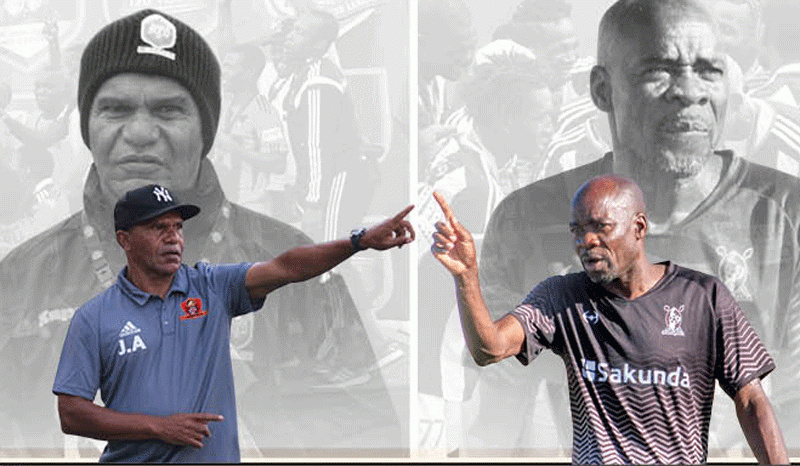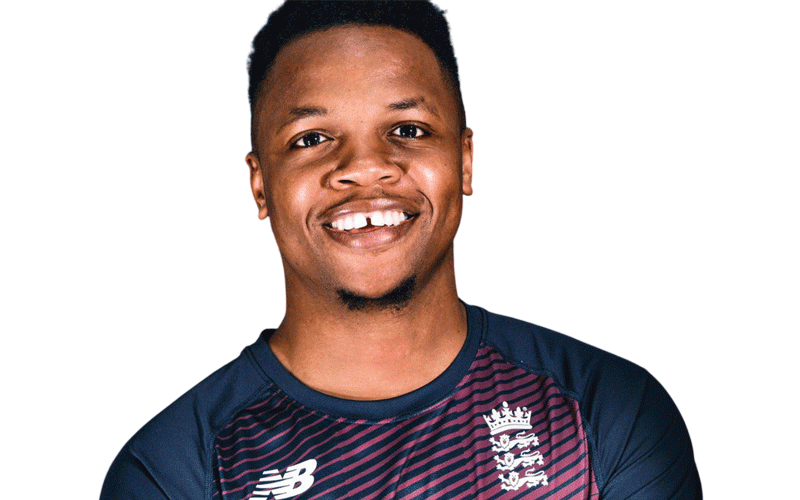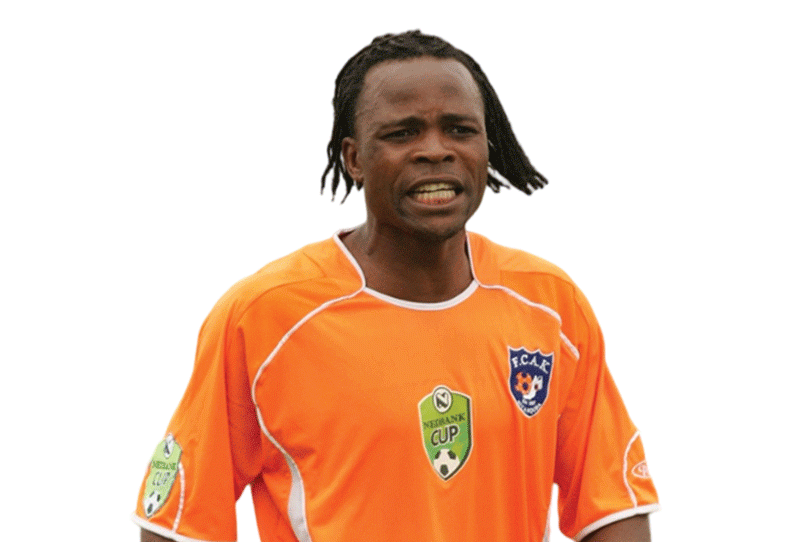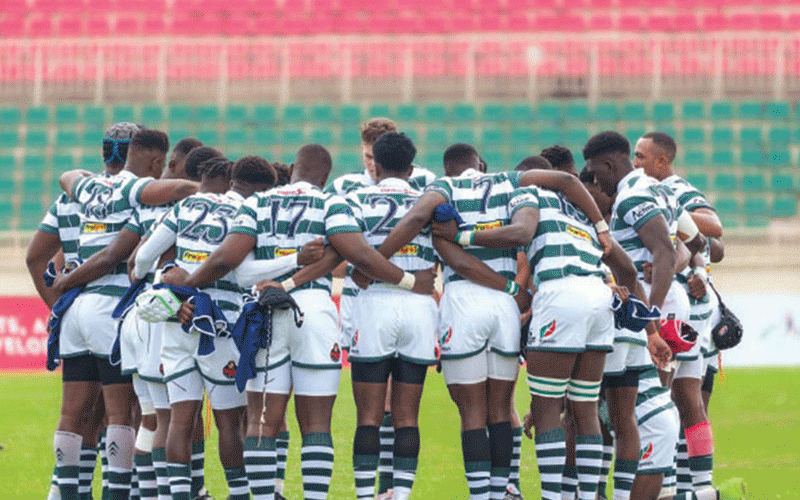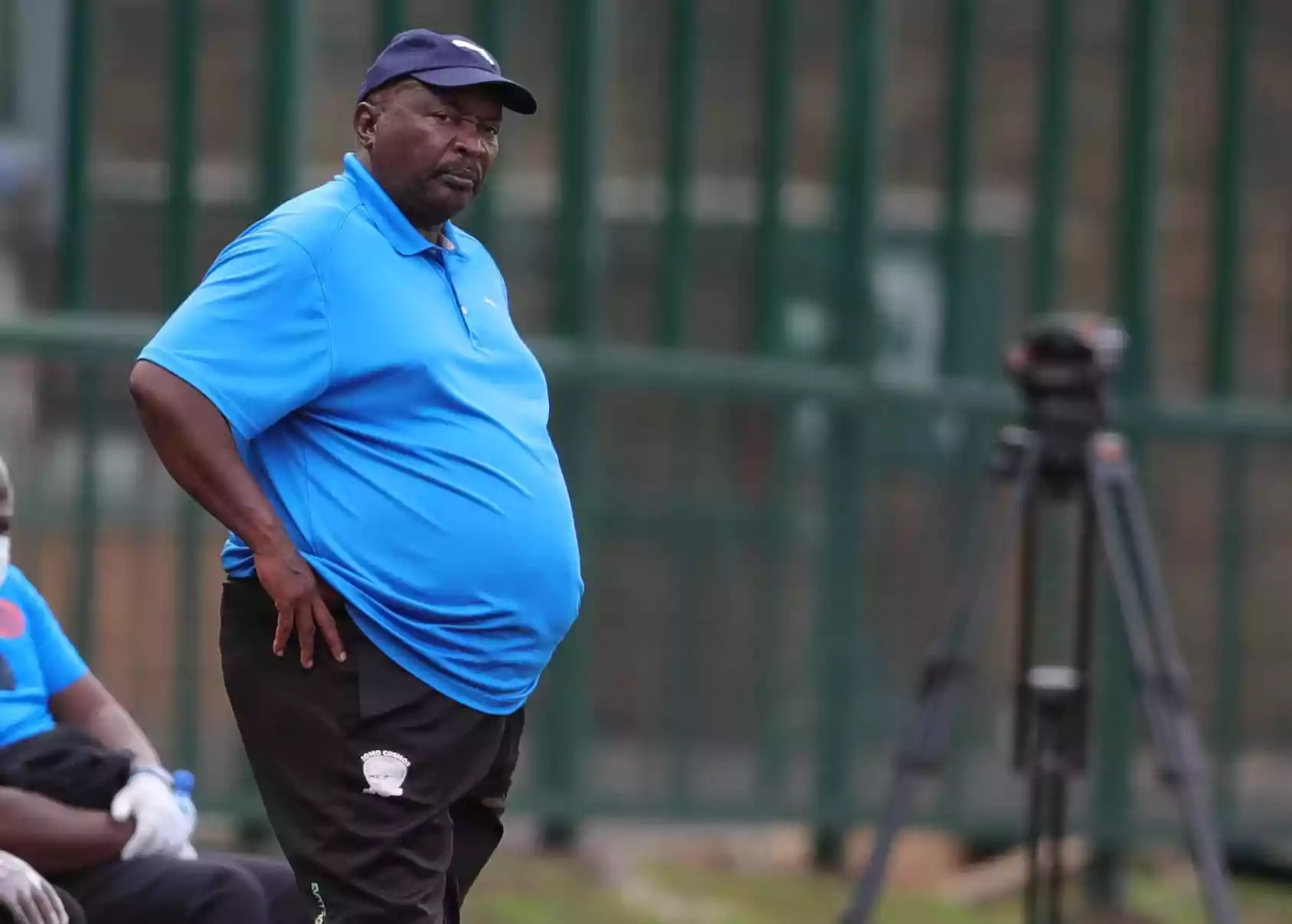
SOUTH African football club owner and coach Jomo Sono has shared his deep attachment to Zimbabwe football, which dates back to the days of the late George Shaya to his discovery of Benjani Mwaruwari. Sono singled out tribalism as one of the challenges bedevilling the sport in the country.
The South African club owner and coach was one of the international guest speakers at the Southern Africa Business Forum, which was successfully held at the Venue in Harare on Friday.
The 68-year-old football administrator spoke about his experience playing football in Zimbabwe as well as his encounter with Zimbabwean footballers over the years in his presentation.
“I have to share my experience with Zimbabweans because Zimbabwe is very close to my heart. I will never forget what happened in the 1970s, we were banned from Fifa and I was playing for a team called Orlando Pirates ,” he said.
“The two associations decided that we play a mini Africa Cup between the winner of the league in South Africa and the winner of the league here. "We beat Dynamos 4 – 1 in South Africa. I won’t tell you who scored the four goals you can judge yourselves.
“We came here to Rufaro Stadium, it was packed and there was one guy who didn’t play in SA because he was injured. We changed in the dressing room, but we did not see Dynamos in the changing room next door and we thought the game will not be played, they have run away from 4 – 1.
“We went into the field and it started raining a lot, but the sun was still shining. "We expected Dynamos to come from the designated entrance, but they came from upstairs. It was very strange.
“They took to the field and they were one player short and this person (Shaya) came out on his own and the whole stadium went mad. So we stood and looked at this guy wondering why they were excited about this man.
- We cry for our CAPS United
- We cry for our CAPS United
- Fifa bans top Zim referee
- Abused female refs take on Zhoya's accomplices
Keep Reading
“Within 15 minutes he had scored three goals. He created the fourth one. They beat us 6 – 5 here and they won the Cup and that’s a highlight of my career as a footballer coming to play here in Zimbabwe,” Sono said.
As a coach Sono scouted a lot of Zimbabweans among them Mwaruwari, Kennedy Nagoli, Evans Gwekwerere and Denver Mukamba, to mention just a few.
He spoke about his first encounter with Mwaruwari and how the whole team laughed at him because of the shape of his legs.
“The first time he came to South Africa and at my training Benjani had legs like this (referring to knock knees, where the knees angle in and touch each other ). So he changed and was wearing the full kit and the players started gossiping saying how can the boss bring a player with legs like this, this guy cannot play football.
“Benjani trained with us, we were playing Kaizer Chiefs on the weekend and it took him one training session. I registered him on Friday, played him on Saturday and he scored two goals with those legs and the rest is history,” Sono said.
Mwaruwari went on to play for Auxere in the French top flight league as well as Manchester City and Portsmouth in the English Premier League.
Sono highlighted that tribalism is one of the things hindering Zimbabwe football.
“You guys, you don’t know what you have. You can even compete with South Africa. Look at how many players you have in Europe and some of them are coming up. The only problem you have is you have the Shonas and Ndebeles. If you bring a Shona coach the Ndebele players have a problem with that Shona coach. if you bring a Ndebele coach the Shona players will have a problem.
“It’s easy for someone who is not born here to coach because that is the problem. "It was a serious problem we had in South Africa when I took over as technical advisor and coach. I said this must stop.
“This is what should be happening here because you have got so many great players even now. I hope these are some of the things you can work on. Soccer can unite.
"We need Zimbabwe in African football,” he said.

